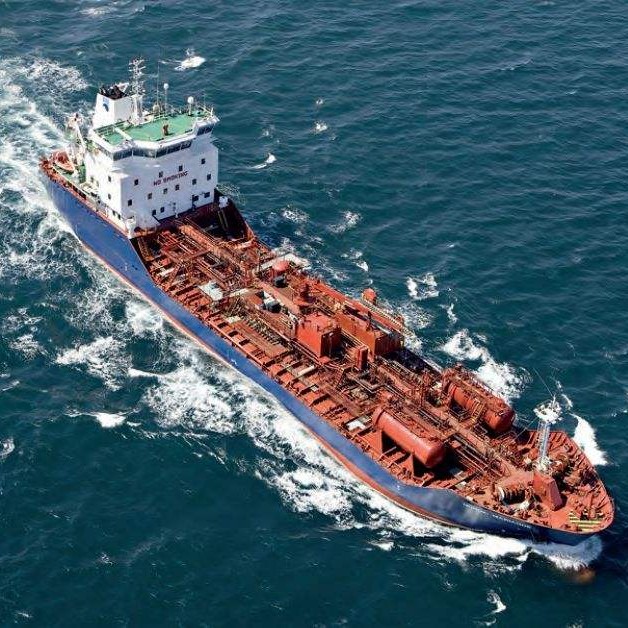fiberglass reinforced pipe
Fiberglass Reinforced Pipe An Overview of Its Benefits and Applications
Fiberglass reinforced pipe (FRP) has gained prominence in various industries due to its unique properties and advantages over traditional piping materials. Comprised of a polymer base reinforced with fiberglass strands, FRP offers exceptional strength, corrosion resistance, and lightweight characteristics. This article explores the benefits and applications of fiberglass reinforced pipe, making it a popular choice for a variety of uses.
Understanding Fiberglass Reinforced Pipe
Fiberglass reinforced pipe is manufactured using a combination of resin and fiberglass, which creates a strong and durable product. The resin acts as a binder, while the fiberglass strands provide structural integrity. This composite material can be molded into various forms and is available in different sizes to suit specific needs. The production process ensures that FRP is resistant to a wide range of chemicals and environmental conditions, making it suitable for challenging applications.
Key Benefits of FRP
1. Corrosion Resistance One of the most significant advantages of fiberglass reinforced pipe is its resistance to corrosion. Unlike metal pipes, FRP does not rust or corrode, which extends its lifespan significantly. This property makes it ideal for transporting chemicals, wastewater, and other corrosive materials in industries such as chemical processing, oil and gas, and water treatment.
2. Lightweight FRP is lighter than traditional materials like steel or concrete. This attribute simplifies installation, reduces transportation costs, and allows for easier handling and assembly on-site. The lightweight nature of FRP also means that less support is required during installation, contributing to overall cost savings.
3. High Strength-to-Weight Ratio Despite its lightweight nature, fiberglass reinforced pipe offers a high strength-to-weight ratio. This means it can withstand significant pressure and stress, making it suitable for demanding applications. The strength of FRP pipes allows for fewer joints in a pipeline system, minimizing the risk of leaks and failures.
4. Thermal Insulation Fiberglass reinforced pipe provides excellent thermal insulation properties, which helps in maintaining the temperature of the fluids being transported. This feature is particularly beneficial in applications involving hot or cold fluids, as it reduces energy loss and enhances system efficiency.
fiberglass reinforced pipe

5. Low Maintenance FRP requires minimal maintenance compared to traditional piping materials. Its resistance to corrosion and buildup means that it does not need frequent repairs or replacements, leading to reduced operational costs in the long run.
Applications of FRP
Fiberglass reinforced pipe has a wide range of applications across various industries
- Water and Wastewater Treatment FRP is commonly used in the construction of piping systems for water and wastewater treatment facilities due to its corrosion resistance and longevity. It is suitable for handling aggressive chemicals often found in treatment processes.
- Oil and Gas The oil and gas industry employs FRP for transporting various fluids, including crude oil, natural gas, and other petrochemicals. Its ability to withstand harsh environments and high pressures makes it a reliable choice for pipelines.
- Chemical Processing In chemical manufacturing, FRP is used to transport corrosive chemicals safely. Its stability against acids, bases, and solvents allows for secure and efficient processing without the risk of contamination or leaks.
- Mining and Mineral Processing FRP pipes are used in mining operations for transporting slurry and other abrasive materials. Their strength and wear resistance ensure that they can handle the rigors of mining activities.
- Fire Protection Systems The lightweight and corrosion-resistant nature of FRP makes it suitable for fire protection systems, where reliability and efficiency are critical.
In conclusion, fiberglass reinforced pipe offers numerous advantages that make it a preferred choice across various industries. Its corrosion resistance, lightweight construction, high strength-to-weight ratio, and low maintenance needs position it as a versatile solution for modern piping systems. Whether in water treatment facilities, oilfields, or chemical plants, FRP continues to play a vital role in enhancing efficiency and safety in fluid transportation. As industries evolve and demand innovative solutions, the future of fiberglass reinforced pipe remains promising and impactful.
Latest news
-
Oblate Tanks: Space-Saving, Durable Liquid Storage SolutionsNewsAug.27,2025
-
High-Performance Piping System Solutions for Industry & Commercial UseNewsAug.26,2025
-
Precision Fittings: Durable & Reliable Industrial & Plumbing SolutionsNewsAug.25,2025
-
Practical Steps: Unlock Success with Our Proven GuidesNewsAug.24,2025
-
Transport Tanks: Safe, Durable & Efficient Liquid HaulingNewsAug.23,2025
-
High-Quality Piping Systems for Efficient Flow & DurabilityNewsAug.22,2025











